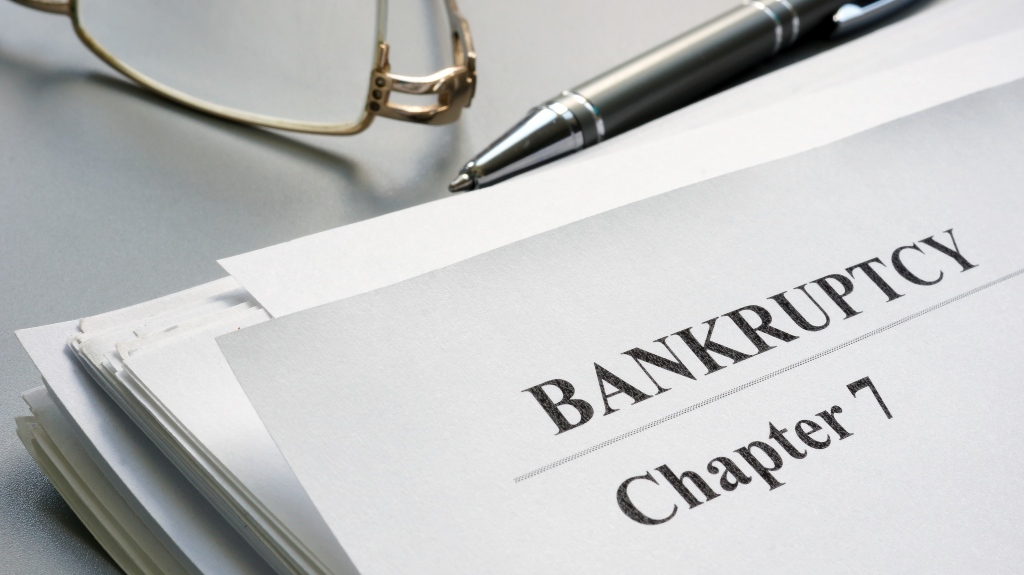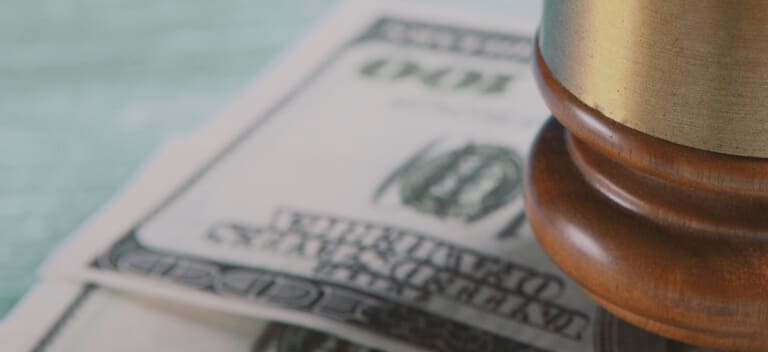Chapter 7 Bankruptcy Attorneys Greensboro NC
For most individuals, there are two main types of bankruptcy that may be helpful: Chapter 7 and Chapter 13. The goal of both types of bankruptcy is to allow you a fresh start. The only way to get that is to be open, honest, and frank with yourself and us about your financial situation. We will look at all of the advantages and disadvantages of bankruptcy and of work outs outside of bankruptcy and help you make the best decision on the way forward for you.
CHAPTER 7 BANKRUPTCY
You might have heard of a Chapter 7 Bankruptcy as a “liquidating” bankruptcy or a “straight” bankruptcy. A Chapter 7 bankruptcy can be thought of as a one-shot, over and done with bankruptcy. There is no long drawn out plan process or ongoing bankruptcy payment schedules.
PROPERTY
The theoretical idea behind a Chapter 7 Bankruptcy is that, at the moment of filing, the Debtor’s assets become “property of the estate.” A chapter 7 trustee is appointed to oversee the bankruptcy estate and to liquidate the estate for the benefit of the unsecured creditors. However, as discussed, the purpose behind a bankruptcy is to give you, the honest but unfortunate debtor, a fresh start. Such a start would be impossible if you are sitting on the side of the road with nothing. Thus, Congress and the state legislature have created exemptions. Exemptions are a way for you to keep and protect important assets. Only when there are “nonexempt” assets, or assets that are unable to be protected by the available exemptions, do your risk potentially losing assets. However, in the majority of cases, bankruptcy cases are “no asset” cases. Or cases where there is nothing to be lost and nothing available to go to the creditors.

The amount of exempt property you may protect is typically based on state law. Every state is different and which set of laws depends on your residence in the five years prior to filing bankruptcy. In most cases, exemptions are based on dollar amounts and not a set list of property because while a single person might only need a dining table with 2 chairs, a family of 5 kids will need a much larger table with many more chairs. Exemption dollar amounts take into consideration whether you are single or married, have dependents (children or others you are supporting) in your home, or splitting your children between households due to custody share agreements.
In a Chapter 7 Bankruptcy case non-exempt property is available for a Chapter 7 Bankruptcy trustee to collect and sell to raise money to go to your creditors. It may be possible to negotiate with the Trustee to keep some of the property, if you have a source of cash or income to buy that non-exempt property back from the Trustee and the bankruptcy estate.
SECURED DEBTS
- Personal Liability: The personal liability to the creditor is “discharged” in a chapter 7 bankruptcy. This means that the obligation to pay the creditor goes away and the creditor may not come after you personally for the payment of your debt.
- Security Interest: The lien on property created by the security interest is NOT affected by the bankruptcy case. Which means that, if you don’t remain current on payments, you can lose the property, even if the personal liability debt is discharged. There are typically three options to deal with the lien in a chapter 7 case.
- Let the property go back to the lender. You may walk away from the property free and clear by surrendering the property to the The lender may then repossess or foreclose on the property but cannot come after you for any money it does not get out of the sale of the property.
- Keep the property and continue making payments. If you are current on your payments at the time of filing a bankruptcy case, you may keep you property and continue to make your regular monthly payments. Depending on the type of property, you may need to do this through a Reaffirmation Agreement where you agree to take back on the personal liability to keep the property.
- Pay the fair market value for the property. Depending on the type of property, you may be able to “redeem” the property by paying the creditor the value of the property, not the amount due. This payment would typically be made in a one lump sum payment.
UNSECURED DEBTS
Bankruptcy will not discharge all debts but it will get rid of many common problems including credit cards, utility bills, medical debt, and wage garnishments. Some other types of debts are non-dischargeable debts, or debts that will survive the bankruptcy. These debts include marital debts (alimony, maintenance, child support, equitable distribution), taxes, student loans, and debts obtained by fraud.
